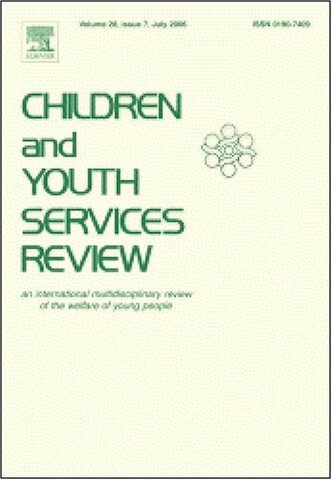Abstract
Objective
Variability in adaptation is common among children exposed to early adversity, with a proportion of this group demonstrating adaptive functioning or resilience. The present study aimed to explore variability in adaptive functioning in social competence, mental health, and school adjustment in a sample of children in foster care, and to assess which factors differentiated resilient children (i.e., showing adaptive functioning across domains) from those who were not resilient.
Method
The authors assessed 45 children in foster care aged between 4 and 9 years. The analysis was conducted from a multi-method, multi-informant perspective and included domains of functioning or competence (social competence, mental health, and school adjustment), distal factors (adversity and placement factors), and proximal psychological factors (behavioral regulation, emotion understanding, and attachment representations). Following a threshold approach, children were categorized as showing positive or negative outcomes in each domain.
Results
17 (37.8 %) foster children were found to have positive outcomes in all three domains, whereas 14 (31.1 %) had only one or no positive outcomes. Resilient foster children displayed greater behavioral regulation than the rest of the foster children.
Conclusions
There is great heterogeneity in adjustment among foster children, with a substantial proportion well-adjusted across domains and almost one-third displaying difficulties in two domains or more. Consequently, the available support and interventions for foster families should correspond to this varying level of needs. Behavioral regulation seems a promising intervention target for promoting resilience among children in foster care.

